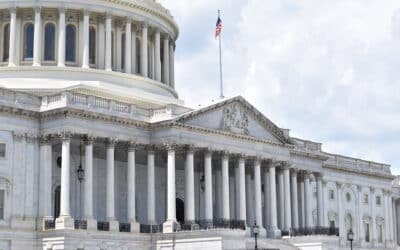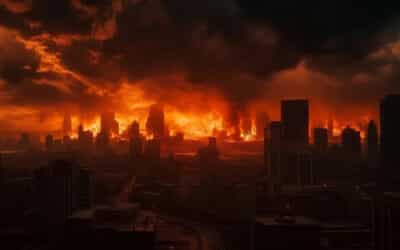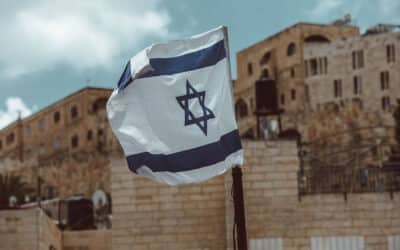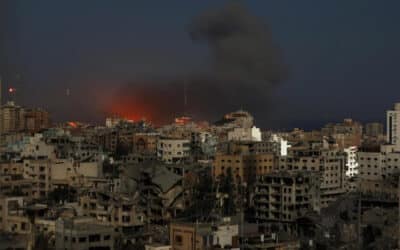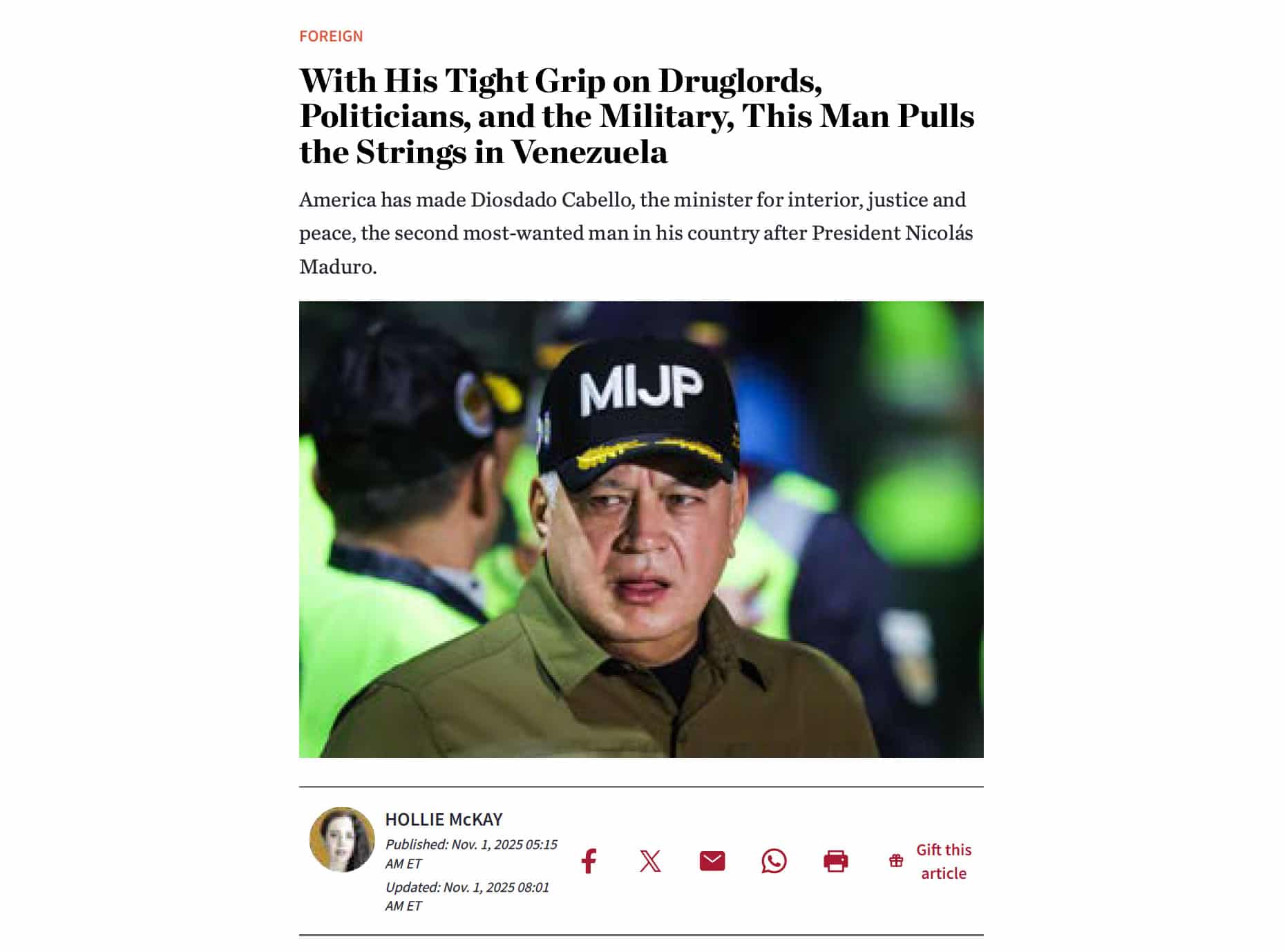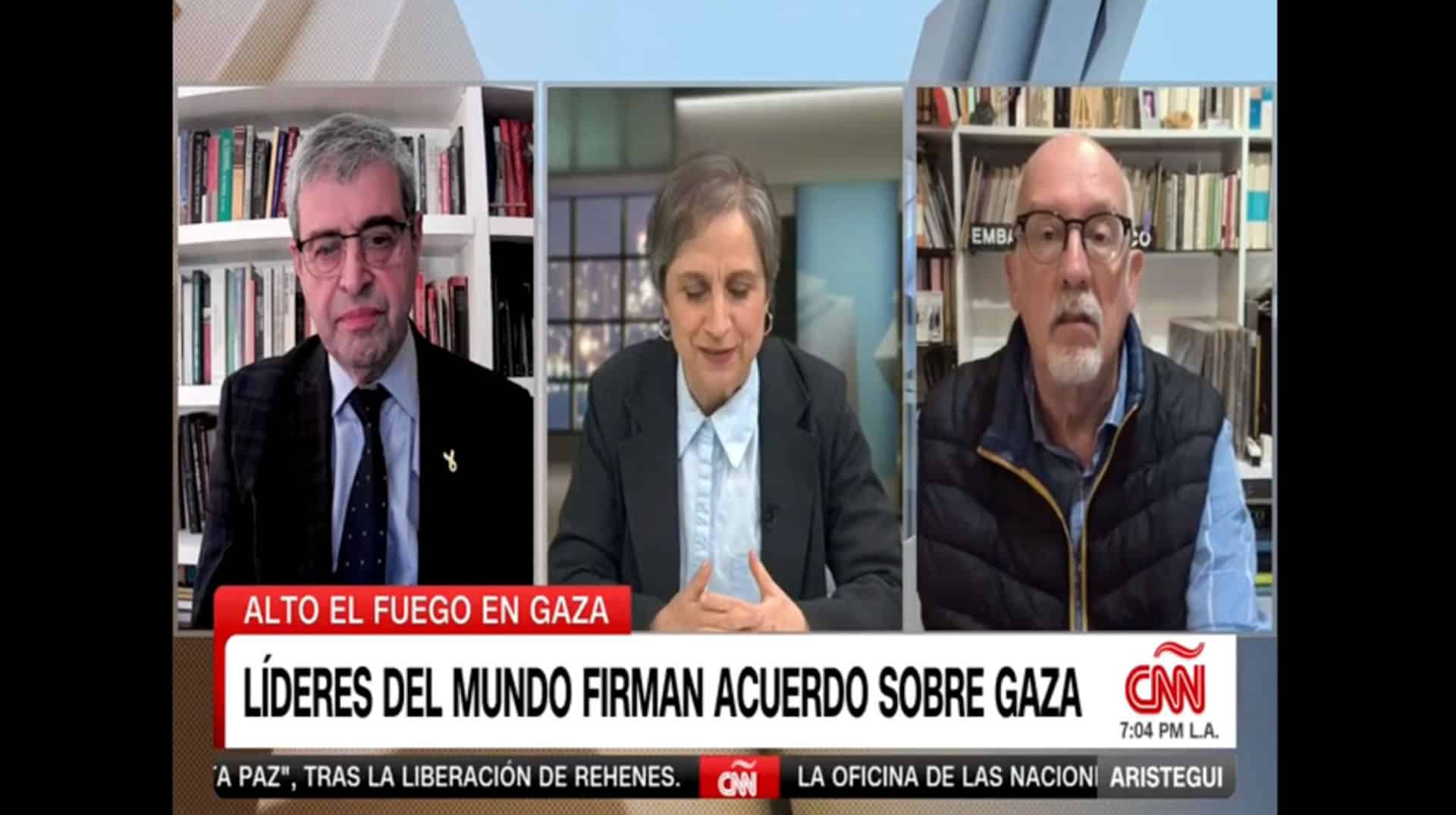The recent Congressional hearing featuring the presidents of three top American universities sheds light on a more severe problem than antisemitism.
We are a Non-Partisan Public Policy Organization, a Research Center, and a Think Tank.
The Center is a gathering of scholars, experts and community stakeholders, that engage in research and dialogue in an effort to create practical policy recommendations and solutions to current local, national, and international challenges.
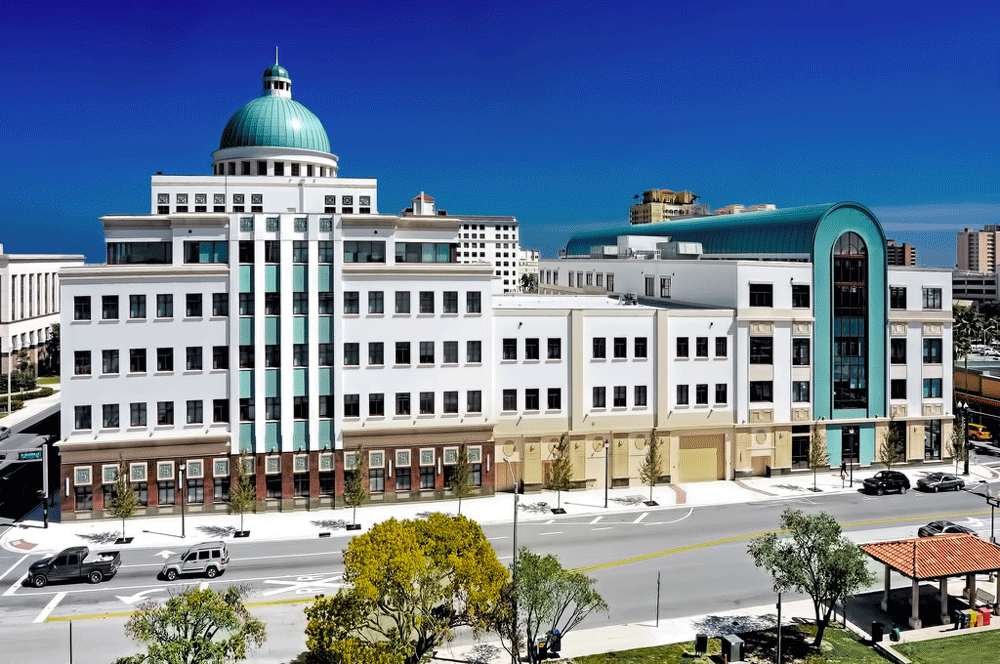
Latest Articles
Doing The Impossible: Making Congress Look Good
The three college presidents testifying last week did the almost impossible: they made Congress – this Congress – look good. That is, testifying before the most dysfunctional, uninformed, petty and parochial House of Representatives in American history
The First Casualty of War
At least since the Enlightenment, that is, at least since about the time the Pilgrims landed in the 1600s, what is fundamentally important to us has been fought on several different grounds: political, economic, social, commercial, military, religious, and moral (perhaps others).
The Silence of Women’s Groups: Examining the Response to the October 7 Hamas Attacks
In the realm of global human rights advocacy, women’s advocacy organizations play a crucial role in addressing gender-based violence and promoting gender equality. However, the October 7, 2023, Hamas terrorist attacks on Israeli women and girls has brought into question the response, or lack thereof, from women’s rights organizations worldwide.
Understanding Israel’s war | Opinion
The Lebanese Shi’a Islamist party, Hezbollah, emerged at the intersection of three momentous developments. First, beginning in the 1960s, Shi’a religious scholars began mobilizing their marginalized community with the objective of empowering it on the communal and state levels.
Aid to Ukraine and Israel is Connected
The conflicts in Ukraine and the Middle East are fundamentally about the contest between two competing ideologies: authoritarianism and liberal democracy.
We believe in informed and collaborative thinking. Supporting the Center promotes independent ideas, bridges gaps, and helps develop effective policies that genuinely make a difference.
Invest in a brighter future. Donate to The Palm Beach Center for Democracy and Policy Research today.
PB/CD&PR – WEBINARS
ICE & Immigration Enforcement Practices: Law, Rights and Lessons Learned
Featured in the News
We, the Palm Beach Democracy Center, are acknowledged as a source in this article.
Kindly access it via the following link.
Trump enviará 200 soldados a Gaza
Trump enviará 200 soldados a Gaza
Join the Conversation
Stay up to date with our newsletter!
Enter your mail to receive monthly updates, events and recaps.

The Center is a gathering of scholars, experts and community stakeholders, that engage in research and dialogue in an effort to create practical policy recommendations and solutions to current local, national, and international challenges.
EXPLORE THE CENTER
FOCUS AREAS
©2025 The Palm Beach Center for Democracy and Policy Research. All Rights Reserved


